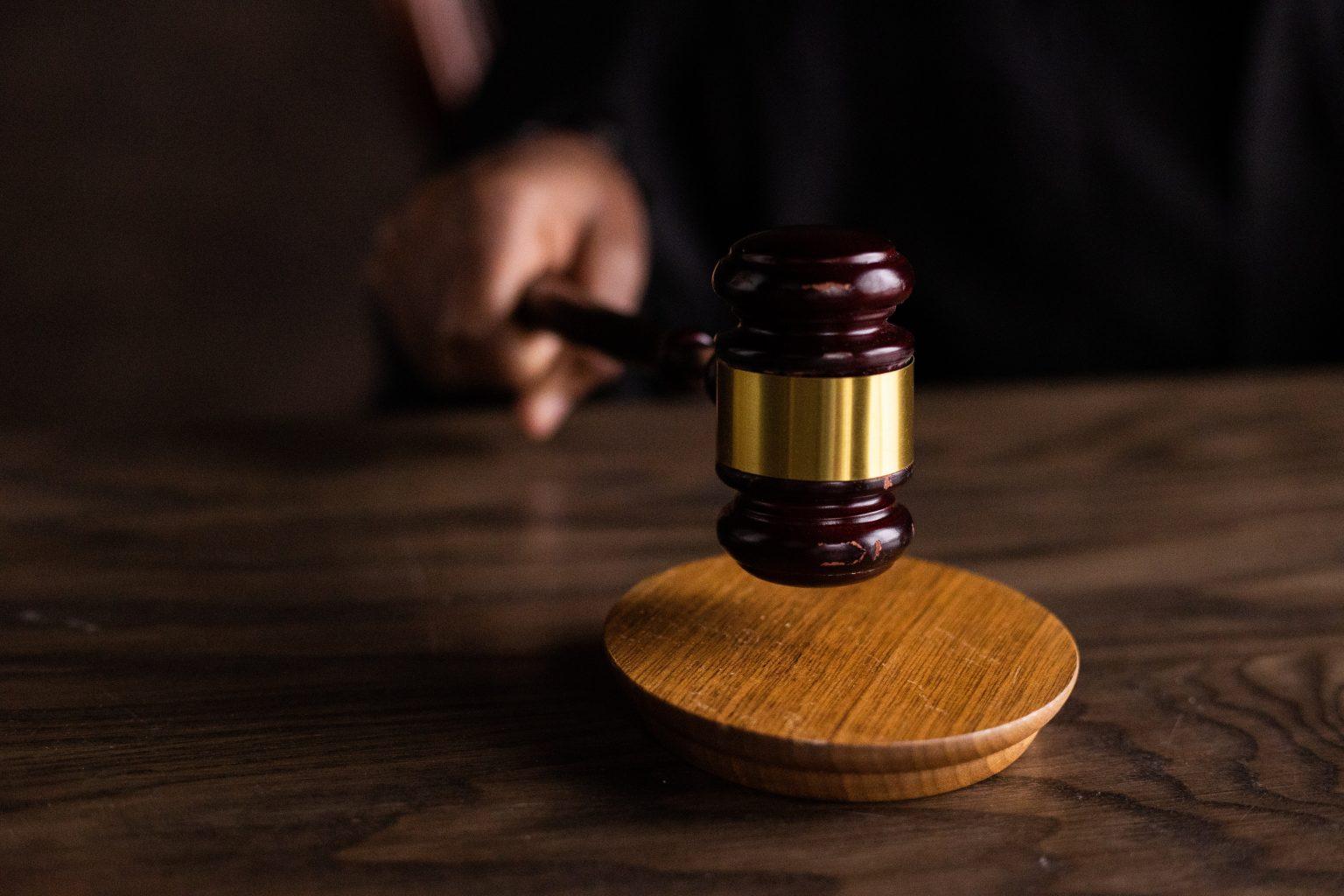A guardianship proceeding is commenced under Article 81 of New York State Mental Hygiene Law. The purpose of the proceeding is to have a guardian appointed for a person who is deemed incapacitated and unable to make decisions with respect to personal and/or financial matters. The Court must find that the alleged incapacitated person (or “AIP”) cannot appreciate the nature and consequences of his or her inability to handle such matters and that the AIP is likely to suffer harm if a Guardian is not appointed.
In a guardianship proceeding, two distinct sets of powers are at play:
- “personal needs” powers to make decisions related to healthcare and place of abode; and
- “property management” powers to handle all financial matters.
Sometimes an AIP needs a guardian for both Personal Needs and Property Management. Often one guardian is appointed to act as both the Personal Needs and Property Management Guardian, but separate Guardians could be appointed if the Court finds it appropriate.
How to Bring a Guardianship Proceeding
In order to a commence a guardianship, an Order to Show Cause and Petition must be with the Guardianship Court, in the civil Supreme Court in the county where the AIP resides. The Petition outlines why the AIP needs a guardian and either nominates a specific person to serve as the Guardian or asks the Court to appoint an appropriate person. There are certain “interested parties” that must be notified that a guardianship proceeding has been requested: the AIP, the spouse of the AIP, any children of the AIP, parents of the AIP, siblings of the AIP and any agencies/facilities that would potentially be involved with the proceeding (i.e. a nursing home where the AIP resides).
Who is Involved in a Guardianship Proceeding?
Court Evaluator
Once a guardianship proceeding is commenced, the Court will appoint a Court Evaluator who will act as the “eyes and ears” of the Court. The Court Evaluator will visit the AIP, interview the potential guardian and any persons with pertinent information.
Counsel for AIP
The Court also may appoint an attorney for the AIP, to ensure that the rights and wishes of the AIP are protected. Sometimes the Court waits for the court evaluator to determine if an attorney is needed to represent the AIP’s interests, for example if the AIP is contesting the guardianship.
Timeline for Guardianship Proceeding
A hearing is usually scheduled within 28 days of the Court signing the Order to Show Cause. The twenty-eight-day period is mandated by the statute, but can be extended for good cause by the judge. Anyone can file a cross-petition, objecting to the guardianship itself or the proposed guardian.
At the hearing, the petitioner has the burden of proving by clear and convincing evidence that a guardianship is needed. The Court Evaluator submits a written report and recommendation that is entered into evidence. Ultimately, after hearing all of the evidence, the Court will make a finding with respect to the guardianship and if necessary, appoint a guardian. The Court must closely tailor the guardian’s powers to be least restrictive, granting only those powers absolutely necessary to meet the AIP’s needs while affording the AIP the greatest amount of independence.
What Happens After the Guardian is Appointed?
If appointed, the Guardian will be required to undergo a Court-approved training program, background check and potentially be bonded. In addition, the guardian will be required to maintain financial records and file an initial accounting within 90 days of the appointment, as well as annually. Failure to keep sufficient records or report to the Court may result in the Guardian being removed. Usually, the guardianship will be maintained indefinitely and only terminate upon the death of the AIP; however, if the AIP improves, a termination proceeding may be commenced to terminate the guardianship earlier.
How to Avoid a Guardianship in New York State
In order to avoid being the subject of a guardianship, it is advisable to take the necessary steps to execute a complete estate plan – including a comprehensive Health Care Proxy and Durable Power of Attorney. With appropriate estate planning documents in place, a guardianship proceeding can usually be avoided. Learn more about guardianships with Burner Law Group.





